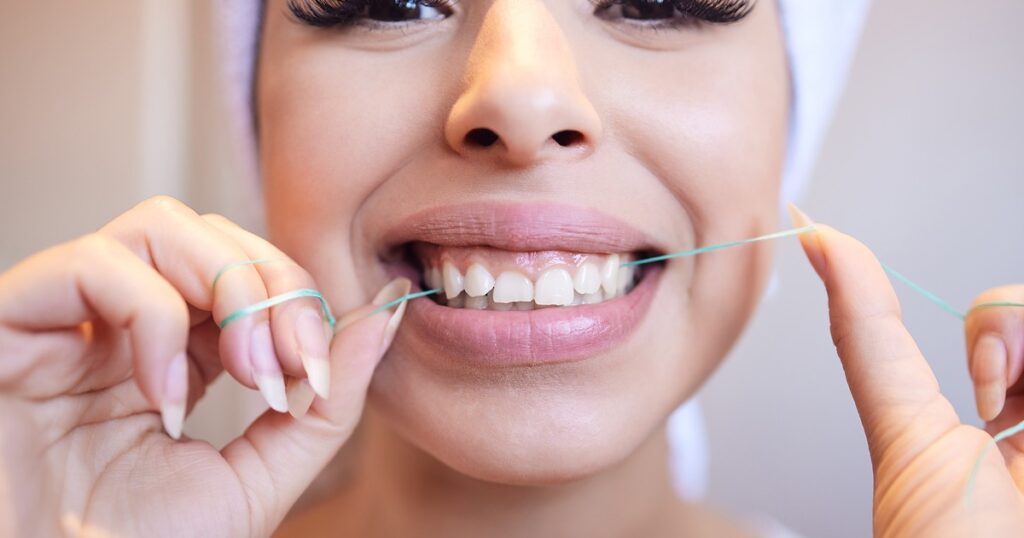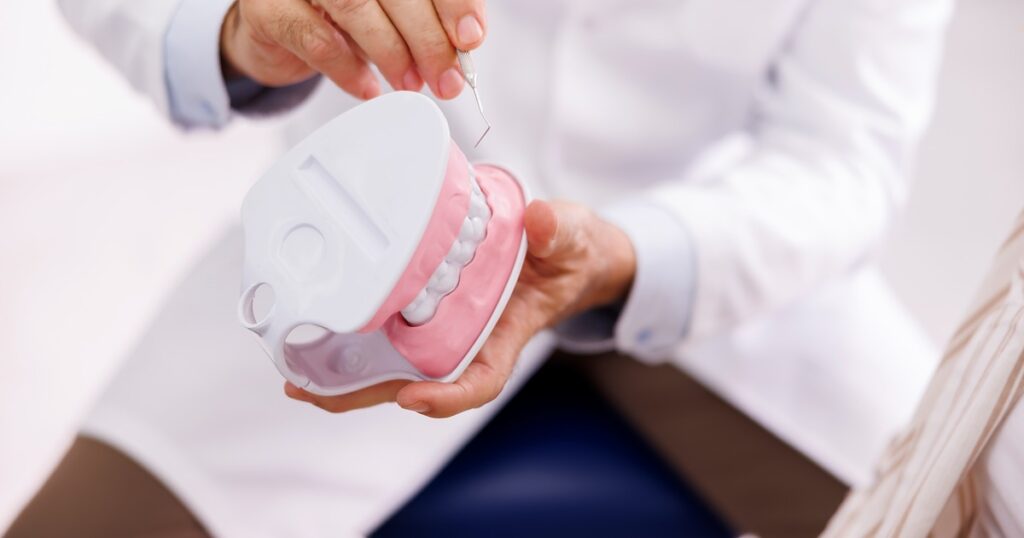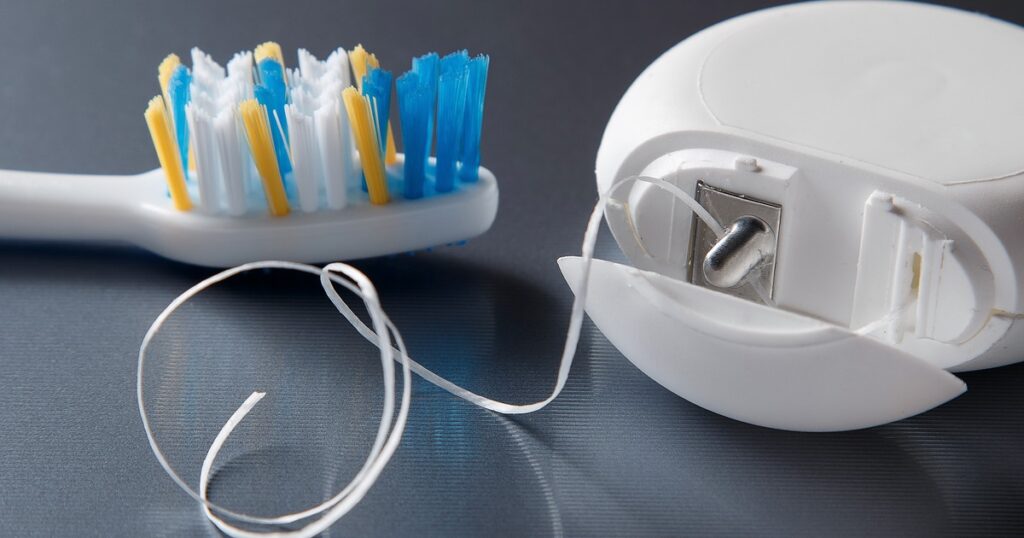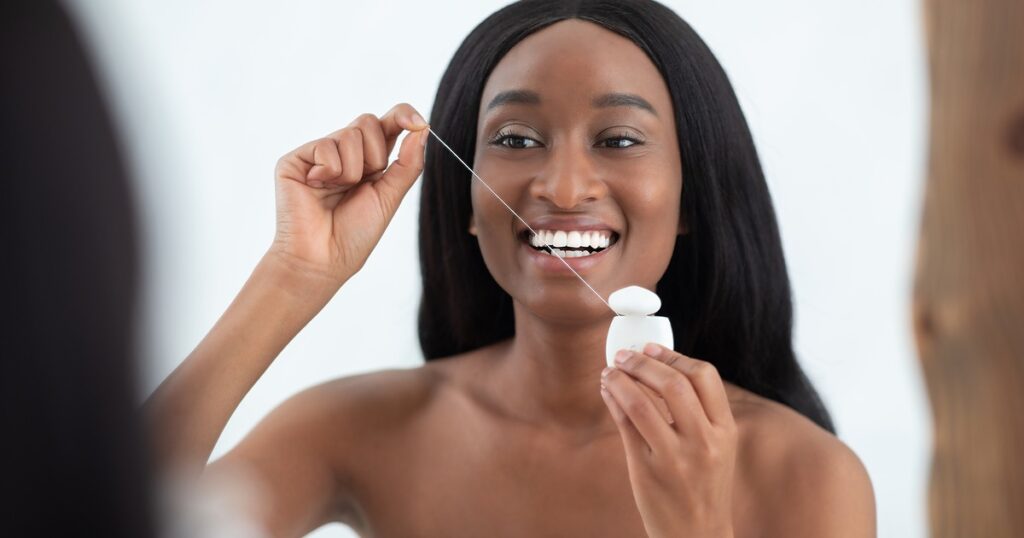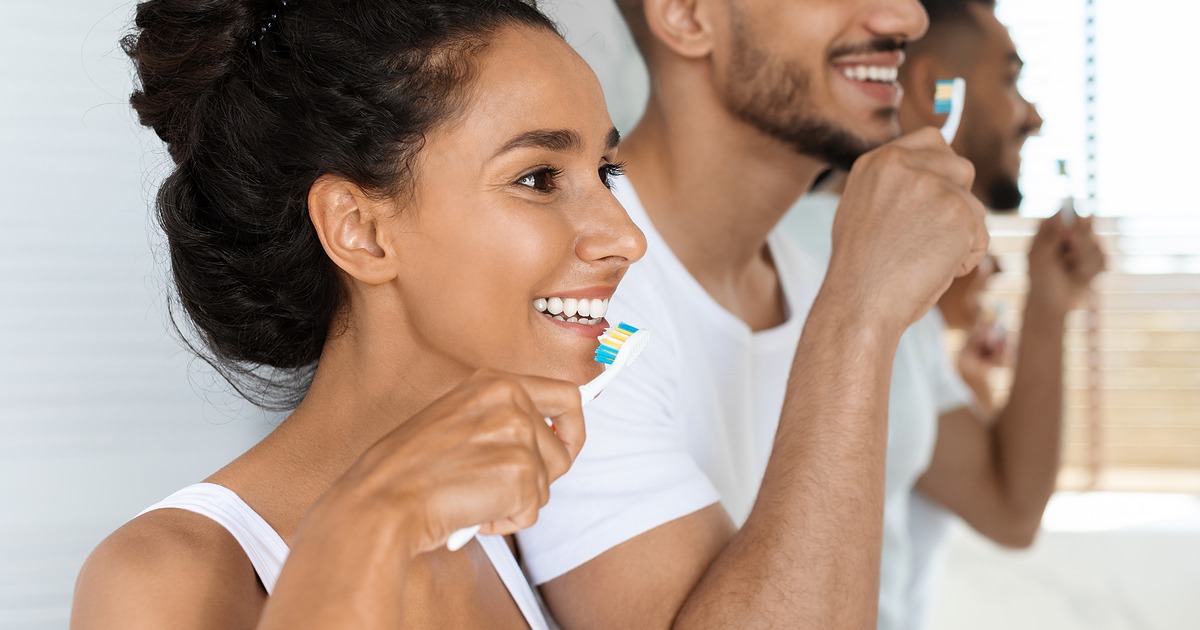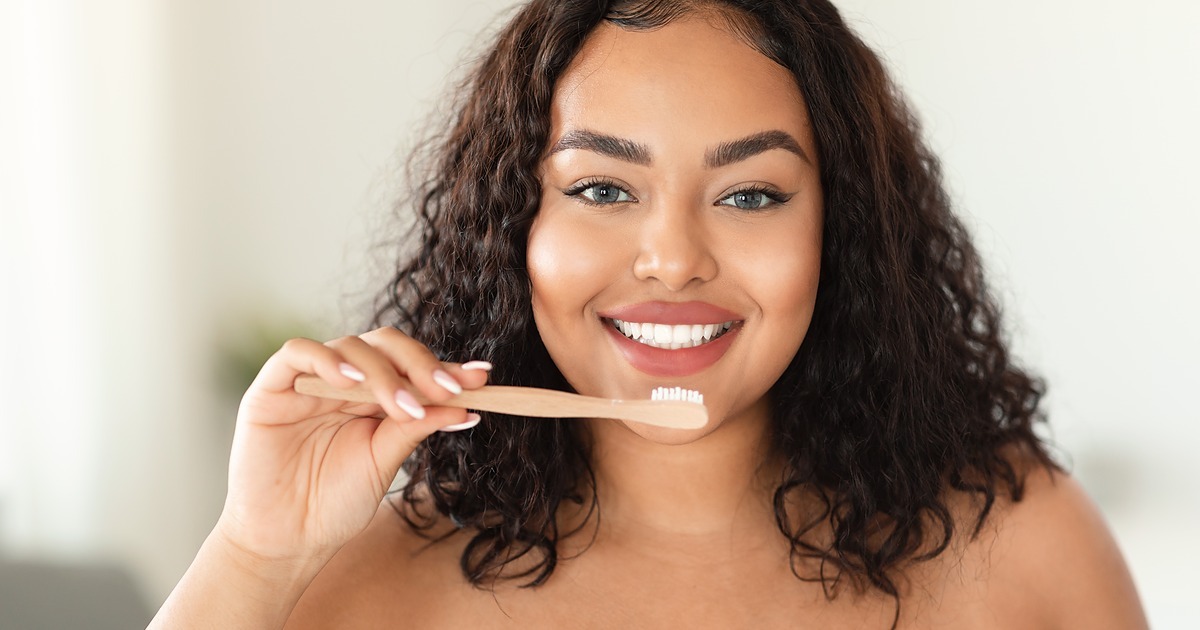Is It Bad to Eat After Brushing Your Teeth?
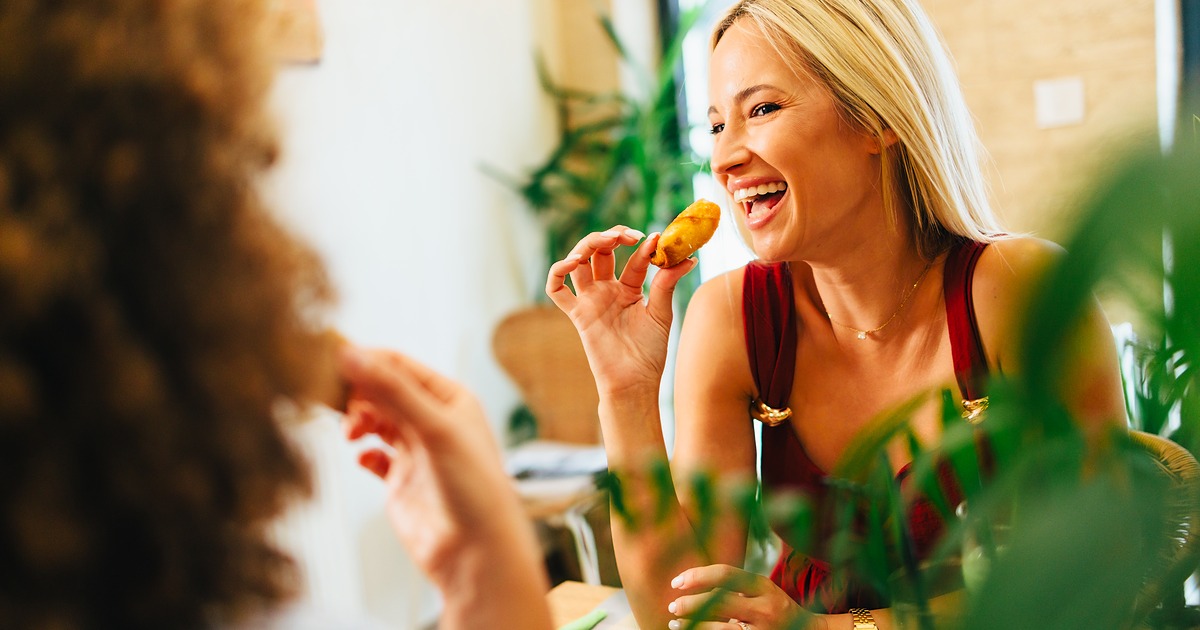
Brushing your teeth is one of the most important steps for keeping your mouth healthy. It removes food particles, bacteria, and plaque while giving your teeth a protective layer of fluoride from toothpaste.
But many people wonder: What happens if I eat right after brushing? Is it bad for your teeth, or is it harmless? Let’s dive into what dentists say and how you can protect your smile. If you’re curious about the right way to brush, you might also like reading How Long Should You Brush Your Teeth? — it explains how timing affects your dental health.
✅ Why Timing Matters After Brushing
Brushing your teeth does more than just clean the surface. When you use fluoride toothpaste, a thin protective layer of fluoride covers your teeth, strengthening enamel and preventing cavities.
If you eat immediately after brushing, a few things can happen:
-
The Fluoride Effect is Reduced – Fluoride needs time (about 30 minutes) to fully bond with your enamel. Eating too soon washes it away.
-
Enamel Vulnerability – Right after brushing, especially in the morning, your enamel is slightly softened. Acidic foods or drinks can erode it faster.
-
Bacteria Growth Restarts – Sugary foods feed bacteria, which produce acids that attack enamel. Brushing right before eating gives them a fresh start.
🥣 Brushing Before vs. After Breakfast
One of the most common questions people ask is: Should I brush before or after breakfast?
-
Brushing Before Breakfast
-
Pros: Removes overnight bacteria, freshens breath, and protects your teeth before food touches them.
-
Cons: Eating right after can wash away fluoride. If you do this, wait 30 minutes before eating.
-
-
Brushing After Breakfast
-
Pros: Cleans away food particles and sugar, leaving your mouth fresh for the day.
-
Cons: If you eat acidic foods like orange juice, coffee, or fruit, brushing immediately after can wear down enamel. Wait 30 minutes before brushing.
-
👉 Best Practice: If you eat breakfast right away, brush after (but wait 30 minutes). If you can’t wait, brush before breakfast and rinse your mouth with water after eating.
🥤 What About Drinking Water After Brushing?
Unlike food, drinking water after brushing is completely safe. In fact, dentists encourage it. Water helps wash away leftover toothpaste foam, keeps your mouth hydrated, and doesn’t harm enamel.
Avoid rinsing your mouth with a lot of water right after brushing, though—it can dilute the fluoride effect. Just a sip or two is fine.
🍊 Foods to Avoid Right After Brushing
Some foods and drinks are especially harmful if consumed right after brushing:
-
Citrus Fruits (Oranges, Lemons, Grapefruit) – High in acid, they weaken enamel.
-
Coffee and Tea – Acidic and stain teeth more easily on freshly brushed enamel.
-
Soda and Sports Drinks – Packed with acid and sugar.
-
Sugary Snacks – Candy or pastries feed bacteria before fluoride protects your teeth.
If you must eat these foods, wait at least 30 minutes after brushing, or rinse with water before brushing again.
🕒 How Long Should You Wait After Brushing?
Dentists recommend waiting 30 minutes after brushing before eating or drinking anything besides water. This allows fluoride to work and enamel to re-harden.
-
Morning Routine Example:
-
Wake up → Brush teeth → Eat breakfast 30 minutes later → Rinse with water.
-
-
Night Routine Example:
-
Eat dinner → Wait 30–60 minutes → Brush teeth before bed → Avoid snacks afterward.
-
⚡ What Happens If You Eat Right After Brushing?
If you regularly eat right after brushing, here’s what may happen over time:
-
Enamel erosion from acidic foods.
-
Less fluoride protection, leading to cavities.
-
Bad breath returning faster because bacteria feed on sugars.
-
Higher risk of gum irritation if you brush too often after meals.
Occasionally eating after brushing isn’t a disaster—but making it a habit weakens your dental health.
🦷 Brushing Tips for Healthier Teeth
-
Brush twice a day for 2 minutes each time.
-
Use a soft-bristled toothbrush to avoid enamel wear.
-
Don’t brush too hard—gentle circles are more effective.
-
Floss once daily to remove plaque between teeth.
-
Rinse with fluoride mouthwash for extra protection.
-
Replace your toothbrush every 3 months.
❓ FAQs: Eating After Brushing Teeth
1. Can I drink water after brushing my teeth?
Yes! Drinking water is perfectly fine and won’t harm enamel. Just avoid rinsing too much, so fluoride stays on your teeth longer.
2. Is it okay to eat breakfast right after brushing?
It’s best to wait 30 minutes. If you brush before breakfast, rinse with water after eating to freshen up.
3. Should I brush before or after breakfast?
Both are fine, but brushing after breakfast is more effective. If you do it before, make sure you wait before eating.
4. Can I brush my teeth again after eating?
Yes, but wait 30 minutes, especially after acidic foods, so you don’t damage enamel.
5. What foods are worst to eat right after brushing?
Orange juice, coffee, soda, and sugary snacks are the worst since they erode or stain teeth quickly.
6. Is it bad to eat at night after brushing?
Yes. Nighttime brushing is meant to protect your teeth while you sleep. Eating afterward increases your risk of cavities.
🔑 Final Takeaway
It’s not “bad” to eat right after brushing your teeth, but it’s not ideal either. To keep your smile strong:
-
Wait 30 minutes before eating or drinking anything but water.
-
Avoid acidic and sugary foods right after brushing.
-
Stick to a routine of brushing twice a day, flossing, and rinsing.
By giving your teeth a little extra time after brushing, you allow fluoride to do its job—keeping enamel strong and your smile healthy for years to come.



